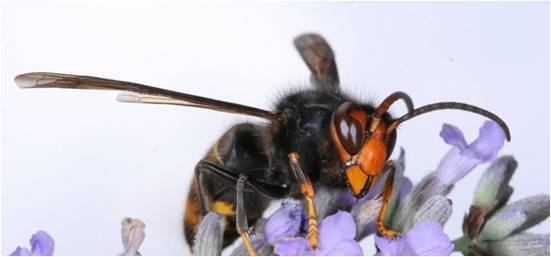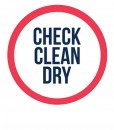The GB Non-Native Species Secretariat (NNSS) has responsibility for coordinating the approach to invasive non-native species in Great Britain.
The GB Non-Native Species Information Portal (GBNNSIP), hosted on the NNSS website, provides access to information, including origin, date of introduction and methods of introduction, for over 2000 non-native species established in Britain. Such information is vital in tackling the growing problem of biological invasions. GBNNSIP has been developed to help those interested in finding out more about invasive non-native species and to facilitate those working on this subject in Great Britain. The GBNNSIP involves collaboration with many partners including the national recording schemes and societies who provide information on non-native species and their distributions.
Read more about GBNNSIP on the UKCEH website...
On-line recording is available for all non-native species. Some non-native ('Alert') species are of particular concern, and by recording any sightings of these as quickly as possible you could be helping to prevent the establishment of a new invasive non-native species.
Information on 'Alert' species and how to record your sightings can be found on the species alerts page of the GBNNSIP website, and further information is available on identifying and recording Asian Hornets in a recent BBC Wildlife article.
Alternatively you can email [email protected], with any sightings, or if you are interested in any further information.
News from the GBNNSIP
- Invasive Species Week will take place from the 15th - 21st May 2023. Email the NNSS ([email protected]) to join their mailing list for details. If you'd like to take part, visit the supporter page for suggestions and free materials to help you.
- A refreshed Great Britain Invasive Non-Native Species Strategy (2023 to 2030) has been published, providing a strategic framework within which the actions of government departments, their related bodies and key stakeholders can be better co-ordinated. This new framework has a strong focus on prevention, and includes a specific target to reduce the number of invasive non-native speices establishing each year by 50% in 2030 compared with 2000 levels.
Current campaigns run by the NNSS include Be Plant Wise and Check Clean Dry, which aim to educate and inform on best practice to prevent the spread of invasive non-native species.


